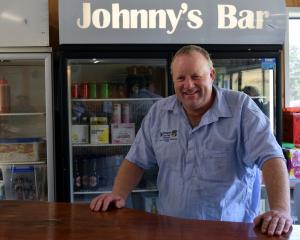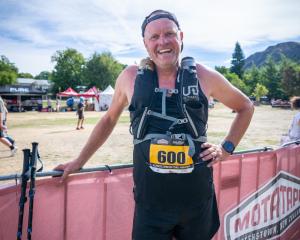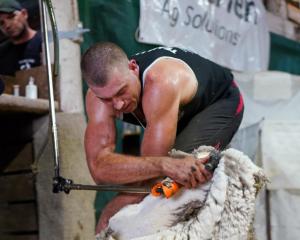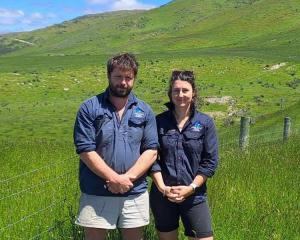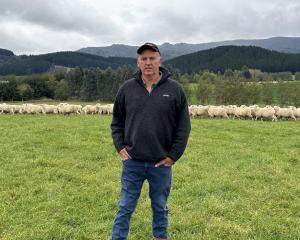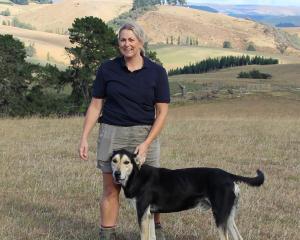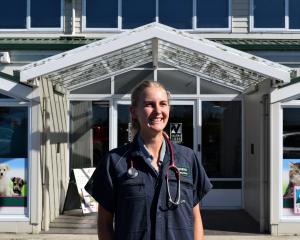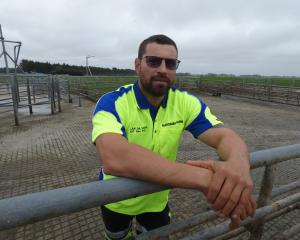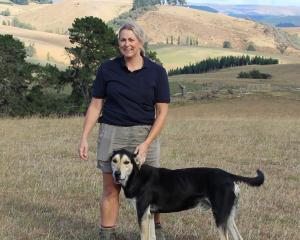
Thousands of hens are living the life of Riley on Tony and Michelle Pringle’s South Otago farm; pecking their way around the 445ha property near Clydevale from their transportable hen houses.
When it comes to their farming operation, the couple, who milk 450 cows and farm 6500 laying hens, think outside the square — and a lot.
They have a focus on regenerative agriculture and soil health to produce nutrient-dense food. Hens were part of that as they added "another system within a system" — introducing poultry to their farming operation, while not affecting their stock numbers.
The Pringle family, who feature on the first episode of the new series of Country Calendar on March 1, started with 50 hens and quickly discovered people liked their eggs.
They realised what was ordinary for them was extraordinary for others — "people were saying they can’t get eggs like they used to" —and while it had been a big learning curve, it had also kept things interesting. Life was busy but exciting, they agreed, and there was so much more to be learned yet.
Mrs Pringle, a nurse, had a particular interest in health and a curiosity around food, and she agreed with the concept that food was medicine.
She believed food producers had an ethical responsibility to produce "really good food" and she also believed that nature had "all the answers".
Their eggs were sold under the Agreeable Nature brand at the Otago Farmers’ Market, cafes and restaurants around the region and at several small supermarkets in Dunedin.
They particularly enjoyed dealing direct with customers, and while the weekly farmers market meant an early start for Mrs Pringle — up at 4am and away an hour later — it was "so fantastic" to have that personal contact with like-minded people who were genuinely interested in her food.
"It keeps pushing you forward. It’ll be interesting to see where we end up," she said.
It was good for people to be able to connect with their food and be in touch with where it came from. "It’s just a closer connection to nature," she said.
Their hens enjoyed a pasture free-range life, digging holes and having a "right old good time" while adding value to the paddocks, Mrs Pringle said.
They were housed in nine transportable hen houses, which were moved around the pasture by tractor so they had access to food and water at all times.
The couple were now also rearing their own replacements and they also recently started experimenting with meat birds, which were not yet available for sale.
They were also designing a mobile abattoir to kill their end-of-lay hens to use for stock, broth and meat, as they aimed towards zero waste and to use "absolutely everything".
They had a large worm farm for biowaste and the vermicast was then used on the farm.
Mr and Mrs Pringle recently started a range of food, selling egg and bacon pies, and frittatas, and they enjoyed doing "all sorts of interesting and different things" as they responded to what people wanted.
The couple were grateful to have "great staff" while their four children had all worked on the farm over the years.
Mr Pringle said the couple had done the "hard yards" dairy farming for 30 years — they had also farmed sheep — and putting the poultry on was like changing jobs, while still having a hand in the dairy industry.
They were currently supplying Fonterra, but other potential uses for their milk was something they were also constantly looking at.
"That’s all untapped," Mrs Pringle said


